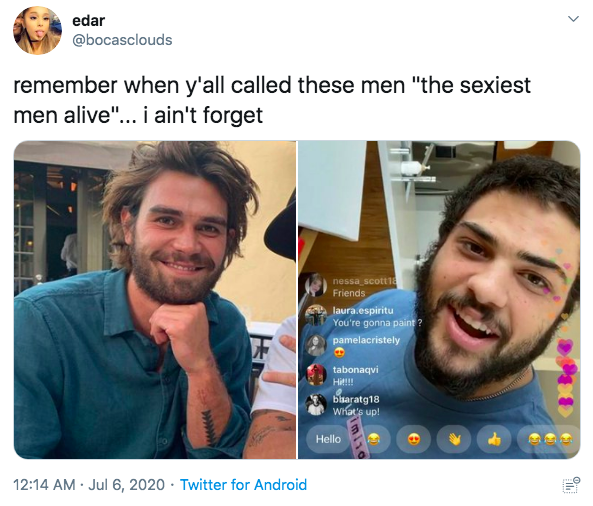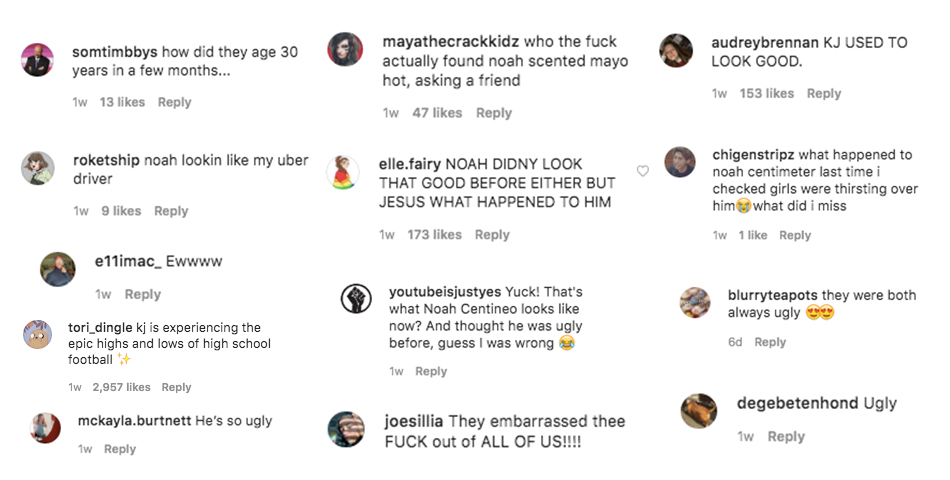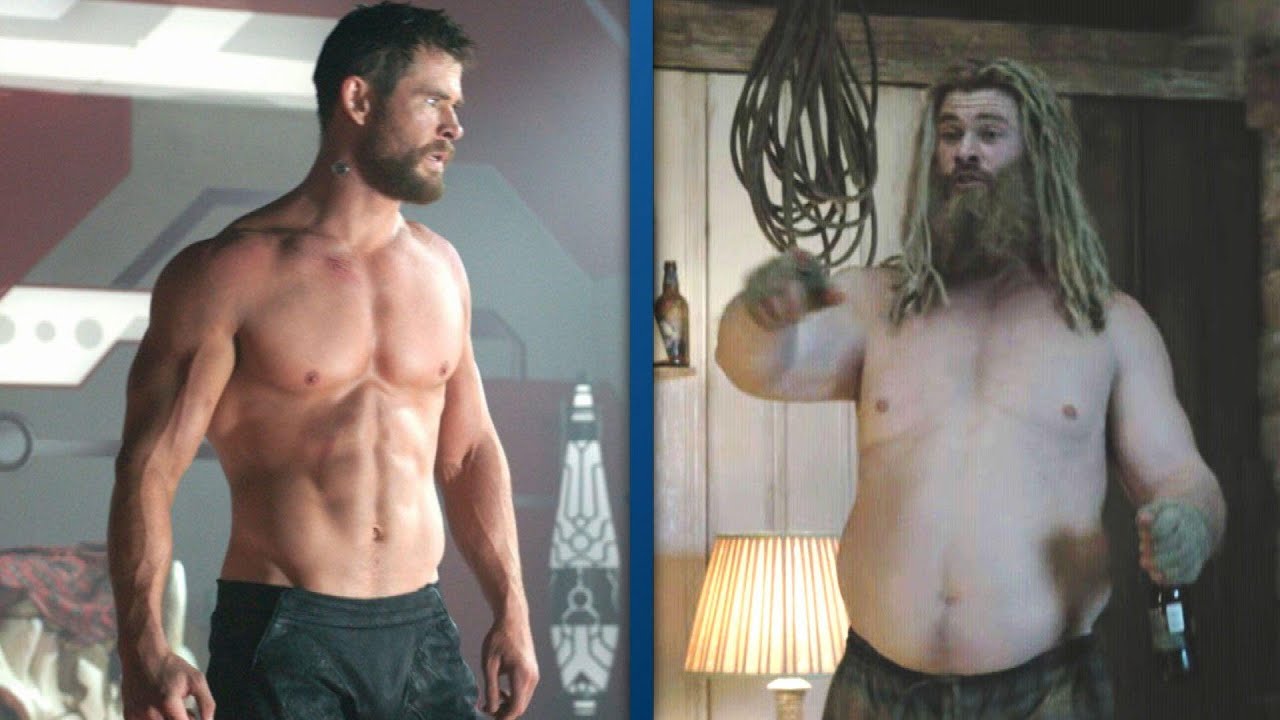Body shaming women is nothing new—Adele spent most of her career being fat-shamed, only for everyone to turn a complete 180º and insist that she was ‘better before’ as soon as she lost the weight. Kate Moss’s thin frame has been simultaneously glamorised and demonised for the entire duration of her career in the modelling industry. The pandemic-induced lockdown has seen a rise in eating disorders like anorexia, bulimia and binge-eating in the UK, with many individuals emerging with new-found body image issues.
In the same strain, the body positivity movement has been steadily growing over the last few years, with representation in the media shifting to include more racially diverse faces and body types. The movement in itself has its flaws, but there’s no doubt that it has paved the way for more inclusive spaces on social media as well as in the creative industries.
Plus-sized models like Enam Asiama are rightfully claiming their well-deserved space. Jameela Jamil has spent the better part of her emerging career advocating against body shamers, citing her own personal struggles with eating disorders and Hollywood’s unattainable beauty ideals as her drive. Women everywhere have come together to overcome body shaming and it is wonderful.
With this in mind, I came across a tweet the other day (actually, it was reposted on Instagram), and it got me thinking that we’ve really got some double standards when it comes to body image issues in men. For context, here’s the post:


In case you aren’t familiar with these boys (let’s be real, Riverdale and To All the Boys I’ve Loved Before aren’t everyone’s thing), pictured above is KJ Apa and Noah Centineo. More specifically, it’s KJ Apa and Noah Centineo looking a little scruffier than we’re used to. Here’s the thing, though—the tweet itself is already a little mean, but the comments are a whole other ball game. Let’s review the evidence:


Full disclosure—“noah scented mayo” really got me, but some of these comments go a little too hard. You see, the real problem isn’t that they’re getting roasted for looking a little rough (let’s be real, they do look a little goofy)—it’s that they’re being called ugly. Looking at the photos, the only real difference between their ‘before’ and ‘after’ is some facial hair and little weight gain. In other words, they look like regular dudes, fresh out of lockdown.
I bet that if the same tweet featured two girls instead of these men, the outrage would be unmatched. So, why is it okay to criticise them like this? Last time I checked, looking like a person isn’t enough to warrant body shaming in any form. Does their celebrity status make them the exception to the rule?
The answer is no, yet shaming male celebrities for how they look or how their bodies have changed over time is normalised—people don’t bat an eye when it comes to body shaming men. Peg it down to the assumption that men aren’t as emotional, or that they aren’t as sensitive to comments—either way, you can’t deny that it is pervasive.
A few cases in point: Grammy-winning Sam Smith was branded ‘ugly, fat and effeminate” by Howard Stern; industry legend D’Angelo was called a “Former R&B sex symbol” and “fat” in an article by TMZ; Ben Affleck’s Dark Knight is widely known as “Fatman” by DC fans; Jason Momoa was bombarded with “dad bod” comments while on holiday in Italy—the list goes on.


Take body weight as an example: Fatness is treated as a punchline. We saw it in Avengers: Endgame, where every scene in the film was jarringly interrupted by a fat-joke at Thor’s expense.
Sadly, this doesn’t just stop at the movies. Jonah Hill is a real-life example of how Hollywood views fatness. Despite being an incredible actor in his own right, his whole career has been perpetually reduced to ‘the fat guy’ typecast. Even his dramatic weight loss was constantly made the subject of scrutiny and criticism. Whether he was fat or thin, people had something to say. The most frustrating part is that fatness isn’t inherently unattractive—we’re just taught that it is.
It doesn’t just stop at body type, either: height, hairlines, race, acne, and even penis size are all at the centre of male beauty ideals. We sexualise and objectify men as much as we do women—it just doesn’t bother us as much.
Admittedly, the sexualisation of women has a much more sinister history and much greater consequences (AKA centuries of systematic oppression and abuse). However, while it is a pertinent issue by itself, it doesn’t change the fact that making men feel bad about the way they look (something they cannot change) is hypocrisy at its finest.
It, therefore, comes as no surprise that body dysmorphia is as common in men as it is in women. The difference is that male body dysmorphia is often undertreated and condescended, but that doesn’t change the fact that it is a very real thing—no doubt contributing to the high rate of suicide in young men.
The only way to move forward is to dismantle the beauty ideals imposed on us, and that means quit shaming boys for the way they look.
More body positivity news here.
| SHARE THE STORY | |
| Explore More |




